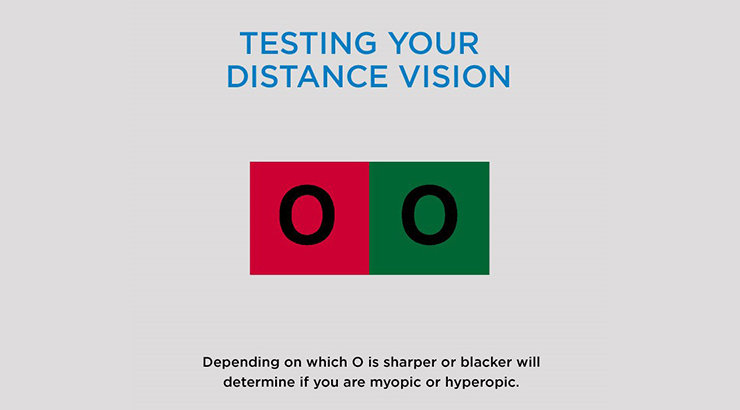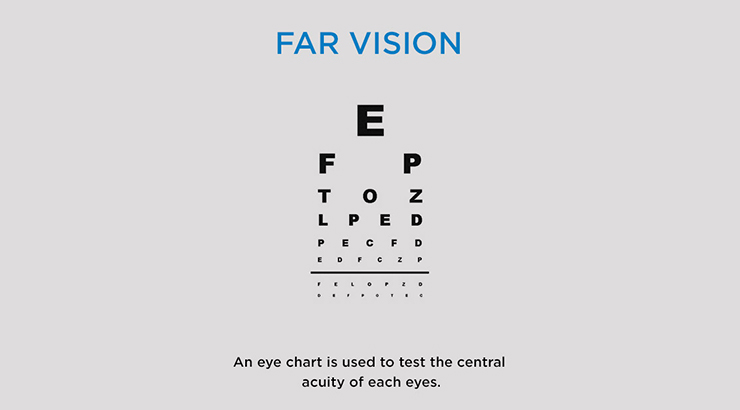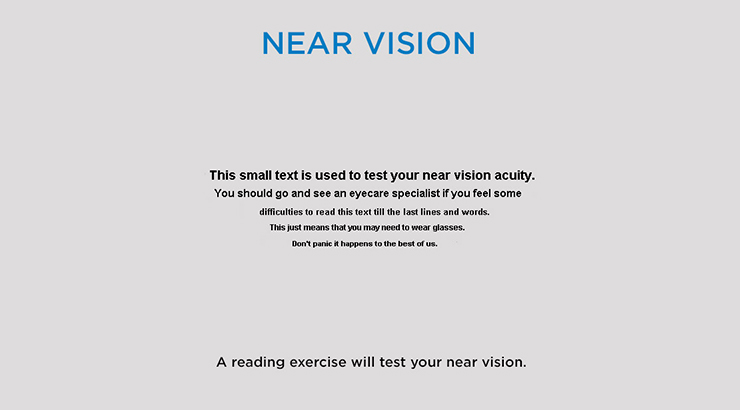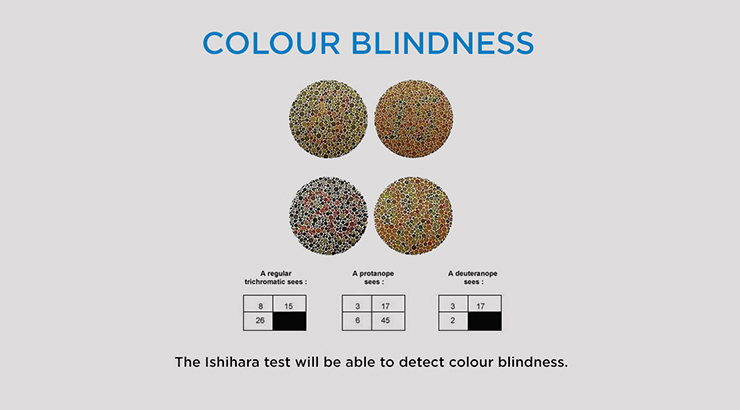YOUR EYE EXAMINATION
A regular examination generally takes around half an hour, and checks many different elements of your vision.
Your optiometrist will look at your visual acuity to measure the sharpness of your vision and ability to see fine details. Testing refraction how the eye bends light onto the retina. Short and long-sightedness and astigmatism are common eye problems resulting from refractive errors. Your field of vision will also be checked to measure the extent of the area you can see. This is checked by testing the sight in each eye separately, while covering the other eye.
The examination will also check the health and function of the eyelid, pupil, retina, sclera, conjunctiva, iris, lens and cornea of each eye. Muscle functions will be tested to check how well the muscles surrounding the eyes are working. Problems with muscle function can lead to conditions such as strabismus. Lastly, fluid pressure – if fluid is not draining away from the eyes properly, pressure will build up. Excessive pressure on the eye can result in glaucoma.
DETAILED EYE TESTS
Advanced measuring equipment can be used to calculate a range of factors that are unique to each individual. These include head shape and size, the size of and distance between the pupils, visual habits and behaviour, and how the eyes move around. These parameters can then be taken into account to make sure lenses are a precise fit and provide the clearest possible vision.






